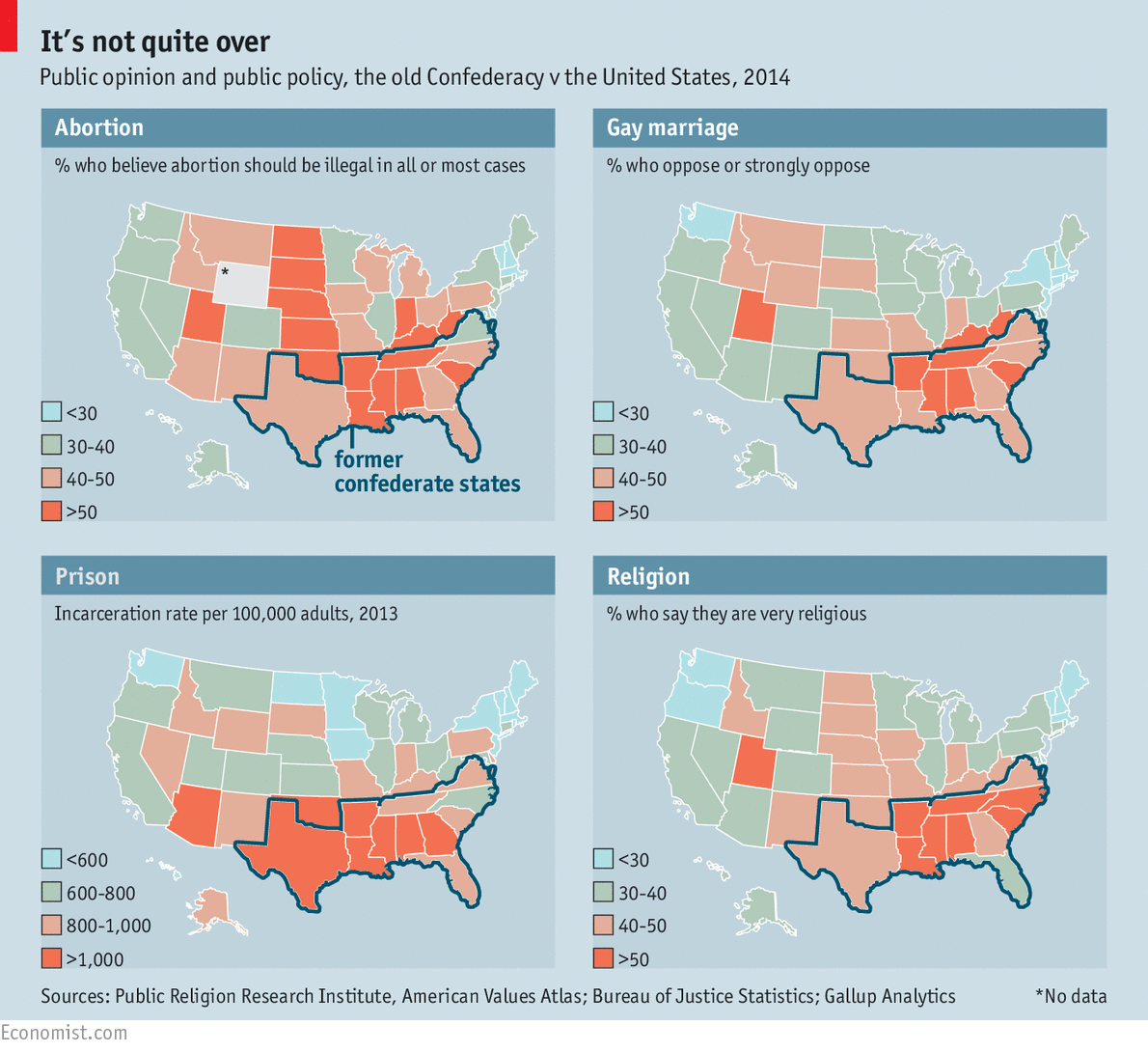It’s Time To Double Tap The Republican Party And Build Its Replacement

The Republican Party primary voters did it. They nominated Donald Trump as their presidential nominee.
I predicted as far back as August 2015 that Donald Trump would destroy the Republican Party and it appears he has. Trump is the choice of it seems Republican voters. His numerous racist and xenophobic statements and positions and his hostility to the Constitutional limits of his power weren’t a problem in the end.
There is no home in a Republican Party ruled by Donald Trump for those who hold classical liberal views and/or traditional conservative values. Those libertarians, conservatives, conservatarians, Constitutionalists, classical liberals, and the rest who believe in the principles of the American founding are now politically homeless. The day after Trump knocked Ted Cruz out of the race, I left the Republican Party.
The Republican Party is a dead political party. It’s a zombie just shuffling forward in search of human flesh. The #NeverTrump movement should double tap the Republican Party. It is little more than a Grand Zombie Party now and start building its replacement.
The #NeverTrump movement is beginning to realize that the Republican Party is beyond saving. A couple of Iowans, Joel Kurtinitis at The Blaze and Steve Deace at Conservative Review, want the movement to think bigger than just defeating Donald Trump. They’re both on board the “we need a new party train.” I completely agree with both men.
We need a party that argues in favor of the classical liberal principles of America’s founding. We need a party that recognizes that populism is just another form of statism.
Why Not The Libertarian Party?
The Libertarian Party is America’s third largest political party. It will likely have ballot access in alll 50 states plus the District of Columbia this year. It is running some pretty good candidates for president. I hope they get the 5% of the vote necessary to receive Federal campaign matching funds. This would be good for American politics.
However, as a long-term solution, the LP is not what I’m looking for. The Libertarian Party’s primary purpose is an educational tool for libertarian ideas and that’s great. But a new home is needed for the broad classical liberal spectrum for winning and governing.
What Should This New Party Look Like?
Some thoughtful pieces have come out recently about the direction this new party would take. The first one is a two-part series run on The Federalist by Paul D. Miller about bringing back The Federalist Party. The second part outlined a platform suggestion.
Decentralizing power is the best way—perhaps the only way—for an increasingly pluralistic people to govern themselves: a pluralistic people calls for plural governments. Americans are increasingly divided not merely by race, class, and gender—which has always been true—but by differing sets of values, by religious and sectarian identities, by basic understandings of justice and democracy that have drifted apart in recent generations.
The progressive left and quasi-fascist right believe the increasing fragmentation of American life is a malady which must be cured by the strong hand of government. In fact, those very movements are both cause and consequence of the fragmentation of American society, and their agendas can never create the imagined unity of the romantic past or utopian future.
The Federalist accepts the pluralism of American life as a reality to be accommodated, not a disease to be cured. The way to safeguard human dignity and self-government in a culturally pluralistic nation is to revive the institutions of plural government; that is, to devolve power to the several governments closer to the people they govern.
A more decentralized Federal government must be a major part of the platform. After all, we are a nation of 50 different states, each with their unique values and cultures. A “one-size fits all” approach to government fails. But decentralization alone is not enough. The Federal government has some roles.
Jeff Goldstein at Protein Wisdom had some thoughts of his own on a possible new party platform. I recommend reading the entire piece but I wanted to highlight his 6 main planks.
1) Individual liberty
2) Federalism and representative republicanism
3) Constitutionalism
4) Judicial originalism
5) National sovereignty
6) Free-market capitalism
These are a good start. The only minor quibble I would have is I’m more of a Randy Barnett “judicial engagement” type than a judicial originalist. I can get on board with the rest easily though.
I think we need to add a few planks though and call the whole thing “Nine For Freedom” or something. Here are my suggestions:
7) Growth and opportunity: The old economy is dead. The idea of having a job right out of college and staying with the same company until you retire doesn’t happen anymore. We’re shifting towards a “gig economy” where many people are freelancers. Uber, Lyft, Airbnb, Fiverr, Ebay, and many other innovations make it easy for almost anyone to be in business for themselves. The economy itself has an anemic growth rate that shows signs of getting worse. We need to unleash the American people by getting government out of the way. We need to lower the world’s highest corporate tax rate, reduce regulations, and attack crony capitalism that delivers privileges to a well connected few. We need to reform our outdated Industrial Era education system, promote school choice, and fix higher education so that you don’t have to have a bachelor’s degree to wait tables. Finally, we need to have a free market approach to fix or replace Obamacare.
8) Welfare and Entitlement Reform: We have a major problem with our welfare state. It still traps people in dependence and discourages work. Social Security Disability fraud is bleeding the system dry. We can’t have this as a nation. At the same time, we shouldn’t hold people who do need a temporary hand up in disdain. Most people don’t make welfare a lifestyle. You can hit this many ways. The guys over at the Foundation for Government Accountability have great ideas to reform welfare. If we want to go bolder, we may want to consider scrapping the alphabet soup of welfare programs and replace it with some kind of basic income program. If you want to undermine the sources of support for the Trumpist right and the progressive left, you have to attack the welfare state.
9) A Strong, Secure, And Free America: We will aggressively confront the enemies of this country. We will stand for liberty and freedom allaround the world. We will have a military and intelligence capability that is second to none. However, we will not engage in military crusades for democracy, seek dragons to slay, and engage in dubious neocon nation building schemes. We believe in the power of diplomacy and we believe in free trade. America will be involved in the world but we will not police the world alone. We will ask our allies to do more to protect themselves not because they’re not important but because we cannot and will not do it alone. Finally, while we will be vigilant about detectingthreats from abroad, we will not listen to your phone calls, read your emails, track your online browsing, or otherwise spy on you without a warrant. America should not throw away its founding principles even in wartime.
We have an opportunity to reshape the political landscape. The Republican Party is little more than a home for racists, kooks, reactionary populists, demagogues, con artists, and political opportunists. It no longer serves the purposes of liberty.
Let’s build something that does.





